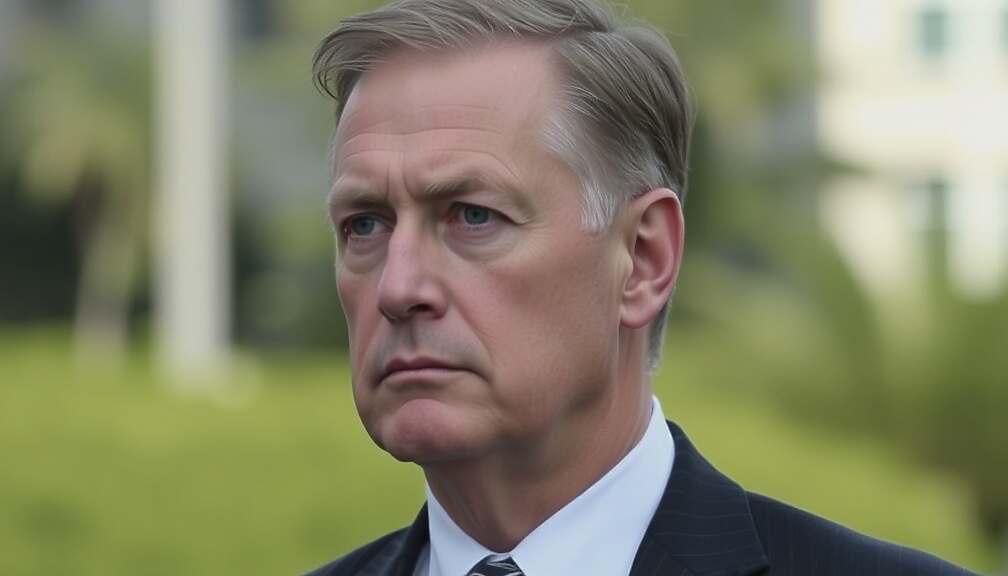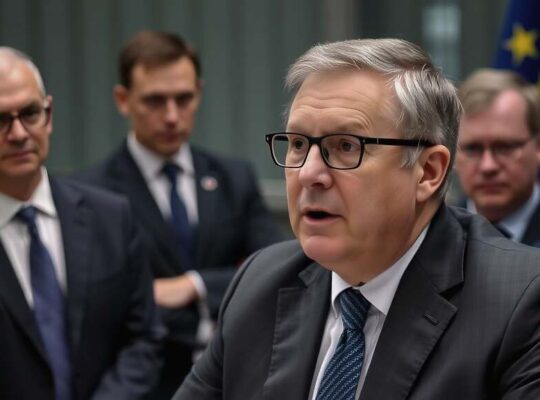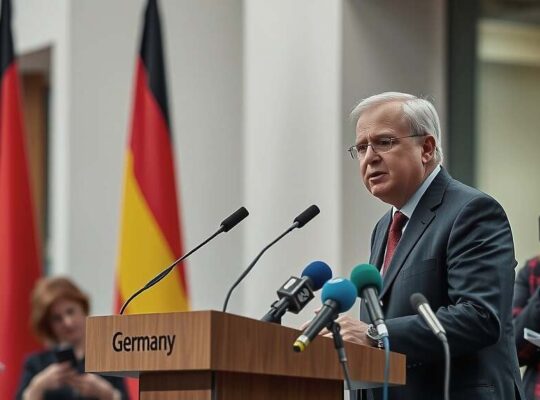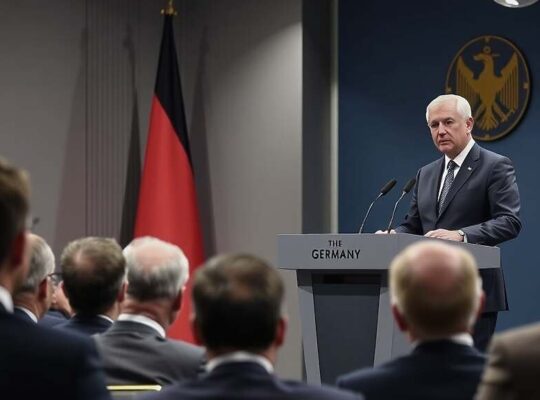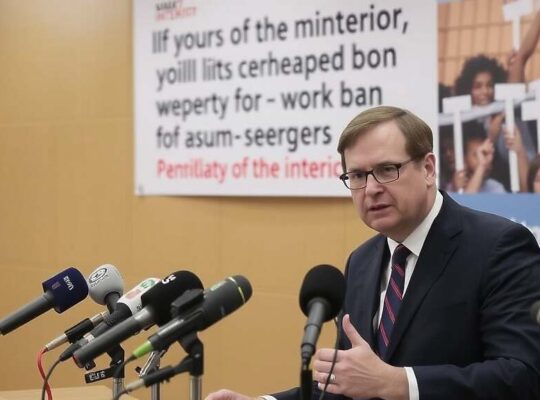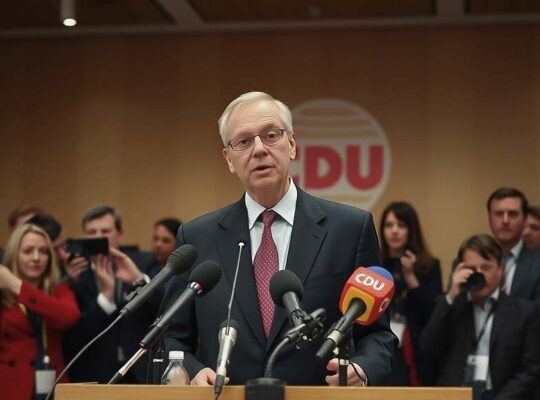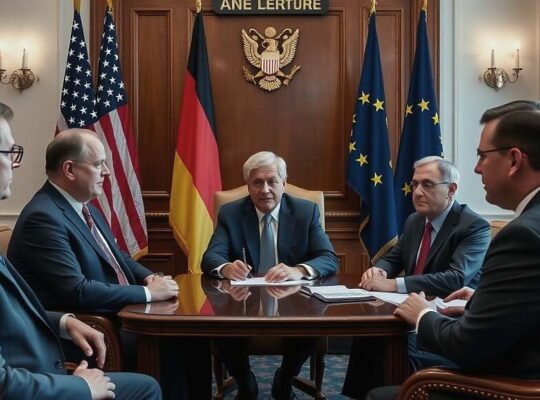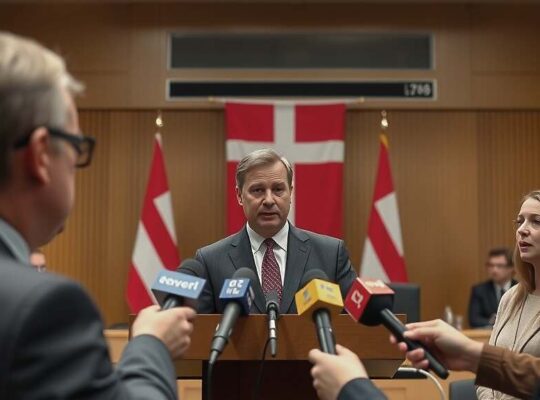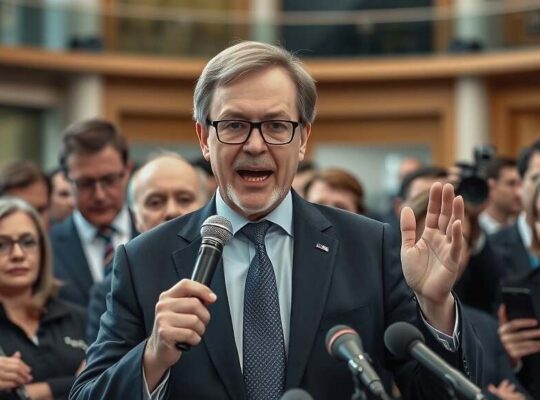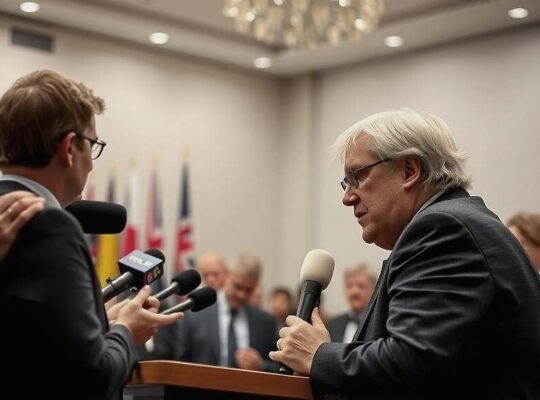Foreign Minister Johann Wadephul of the Christian Democratic Union (CDU) has addressed internal criticism while also acknowledging a misstep in his communication strategy. In an interview with the Frankfurter Allgemeine Sonntagszeitung (FAS), Wadephul emphasized the necessity of maintaining dialogue with all international counterparts, irrespective of differing viewpoints, particularly regarding recent events involving Israel, the United States and Iran. He affirmed close and confidential coordination between himself and Chancellor Friedrich Merz, despite their differing roles.
Merz’s earlier remarks suggesting Israel was undertaking a task “for all of us” prompted supportive reactions within the CDU. Wadephul noted a potential need for the party to re-evaluate its approach, highlighting the importance of preserving his ability to engage in international discussions.
Recent criticism within the CDU stemmed from Wadephul’s stance on Israel, specifically his rejection of “forced solidarity”. Wadephul conceded that the specific phrasing was ill-advised, stating he would refrain from using it again. However, he defended his critical perspective on Israel’s actions in the Gaza Strip, underscoring the importance of acknowledging the reality of the situation and the severe humanitarian crisis. He particularly emphasized the responsibility of parties with a “C” in their name (referring to conservative parties) to not disregard the ongoing human suffering.
Wadephul further justified his early declaration regarding the new goal of allocating five percent of Germany’s economic output to defense. He explained that his priority was to demonstrate Germany’s commitment to assuming necessary responsibility before assembled NATO allies. The NATO summit subsequently adopted the five percent target, a development Wadephul attributed to Germany’s proactive stance.
The initial announcement regarding the five percent target was made by Wadephul at an informal NATO foreign ministers’ meeting in Turkey, marking the first time a member of the German government publicly endorsed the goal initially requested by U.S. President Donald Trump and reflective of a plan put forward by NATO Secretary General Rutte.


